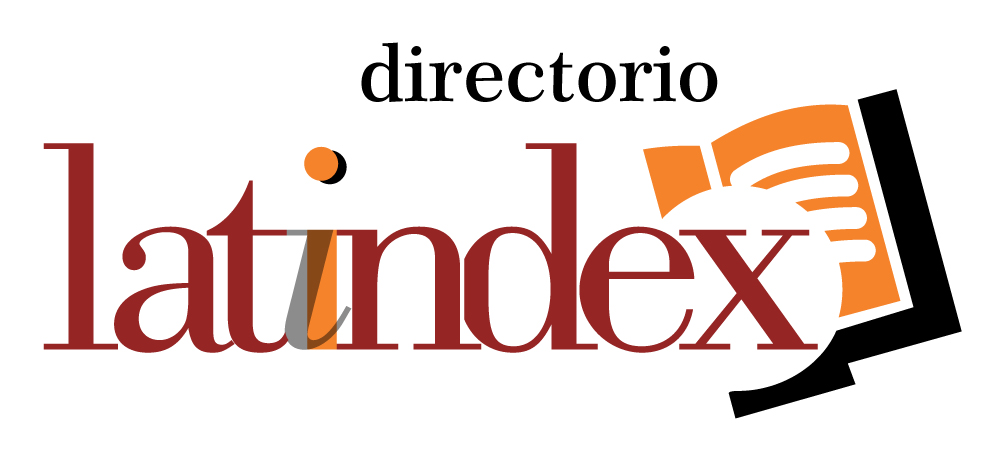Memory at the point of relation between subject and form
DOI:
https://doi.org/10.59780/kpam4530Keywords:
Memory, Subject, Form, Philosophy, PsychologyAbstract
Our objective here is to investigate the concept of memory at the point of relation between subject and form through a reflective path starting within the context of Berkeley-Locke-Kant’s theory of knowledge and entering to dialogue with traits of Lacan’s psychoanalysis, Krishnamurti’s psychology, education for autistic people by Deligny and transhumanism explained by Flusser. The methodology starts from a historical philosophical basis and develops into autonomous approaches to the issue. If considerations about the perception of form traditionally lead to the conclusion that this is the result of repetition, its limits and meanings, that is, “memory”, and that the process of intention and fixing the form, whether of the subject or of any other figure of knowledge, is established by thought, one can predict that a certain reverence for form would express a spiritual rigidity that would be said analogous to an anti-philosophy in the sense of an anti-doubt. Doubt, as a refusal of established thought, secures philosophy as the very being that, although it forges and originates thought and, consequently, memory, is transcendent to it. So, it remains for philosophy to avoid the rigidification of memory by having to deal with the paradox of dealing with it.
Downloads
References
AMBROS C.; LODETTI, D. Vieses cognitivos na atividade de inteligência: conceitos, categorias e métodos de mitigação. Revista brasileira de inteligência, n. 14, 2019. https://doi.org/10.58960/rbi.2019.14.157.
AUERBACH, E. Figura. São Paulo: Atica, 1997.
BERKELEY, G. Tratado sobre os princípios do conhecimento humano. Trad. Antônio Sérgio. São Paulo: Abril Cultural, 1984. (Os pensadores)
BINI, L. Viés de confirmação e publicação científica. Jornal UFG, 2016. Disponível em: https://jornal.ufg.br/. Acesso em: 1 set 2024.
BOHM, D.; KRISHNAMURTI, J. A eliminação do tempo psicológico. Diálogos entre J. Krishnamurti e David Bohm. Trad. Claudia Gerpe Duarte. São Paulo: Cultrix, 1985.
DELIGNY, F. O aracniano e outros textos. São Paulo: N-1, 2015.
FLUSSER, V. Ficções filosóficas. São Paulo: Edusp, 1998.
FOUCAULT, M. Gênese e estrutura da Antropologia de Kant. Trad. Márcio Alves da Fonseca e Salma Tannus Muchail. São Paulo: Loyola, 2011.
KANT, I. Antropologia de um ponto de vista pragmático. Trad. Clélia Aparecida Martins. São Paulo: Iluminuras, 2006.
LACAN, J. O seminário. Livro 11. Versão de M. D. Magno. 2ª ed. Rio de Janeiro: Zahar, 1985.
LOCKE. J. Ensaio acerca do entendimento humano. Trad. Anoar Aiex. São Paulo: Nova Cultural, 1991. (Os Pensadores)
PANCOW, G. O homem e sua psicose. Campinas: Papirus, 1989.
PEREZ, D. A antropologia pragmática como parte da razão prática em sentido kantiano. Manuscrito, v. 32, n. 2, p. 357-97, jul./dez. 2009.
SOCIO, L. Mente, ideia e linguagem: o imaterialismo de Berkeley no Tratado sobre os princípios do conhecimento humano. 2015. Tese (Doutorado) – Faculdade de Filosofia, Letras e Ciências Humanas, Universidade de São Paulo, São Paulo, 2015.
VIRILIO, P. Guerra pura: a militarização do cotidiano. São Paulo: Brasiliense, 1984.
Downloads
Published
How to Cite
Issue
Section
License
Copyright (c) 2024 Luama Socio

This work is licensed under a Creative Commons Attribution-NonCommercial-NoDerivatives 4.0 International License.









